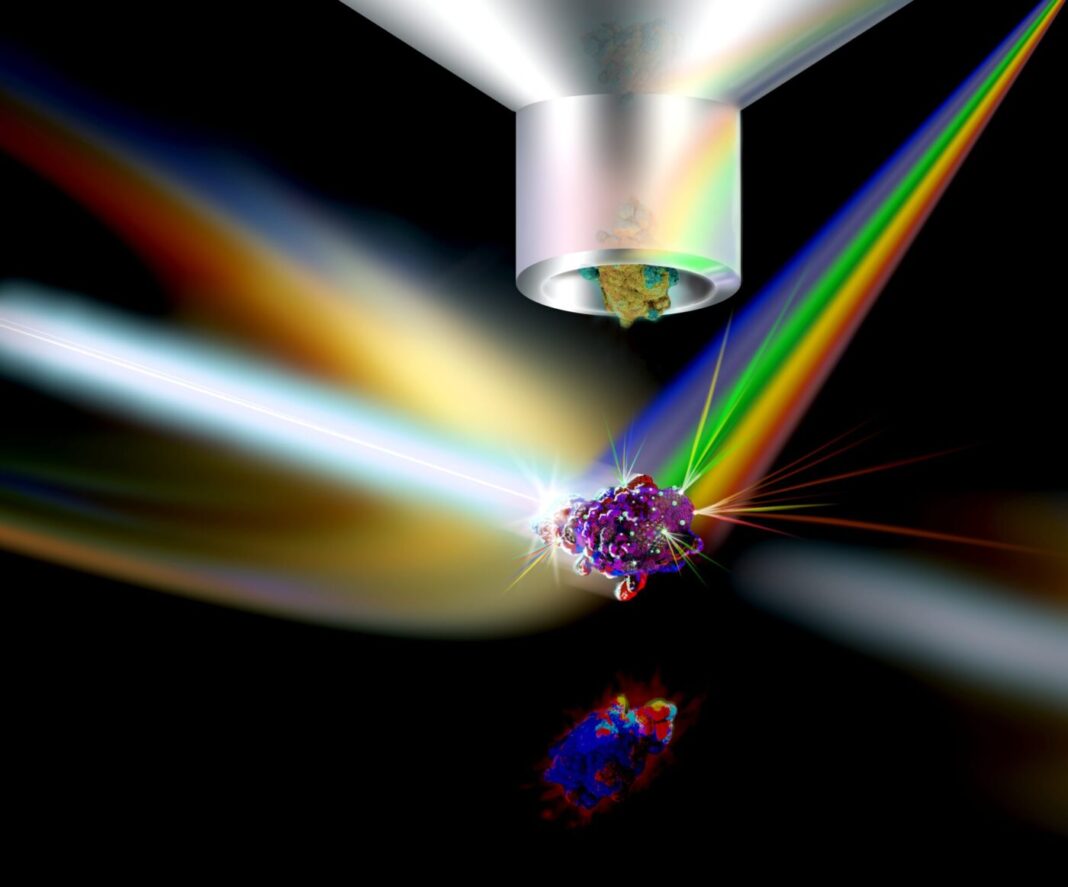Curiox Biosystems, which specializes in biological sample preparation automation, joined the National Institute of Standards and Technology (NIST) Flow Cytometry Standards Consortium to support the development of automation solutions and protocols for cell and nuclei characterization.
According to NIST, the Flow Cytometry Standards Consortium was launched in December 2020 “to accelerate the adoption of quantitative flow cytometry in biomanufacturing of cell and gene therapies.” Lili Wang, PhD, technical lead and NIST senior scientist, described the consortium’s mission in a recent Photonics article as, “[providing] a neutral forum for stakeholders in the biotechnology and health care sectors to identify and address common measurement challenges, exchange ideas, and jointly accelerate the development of standards and reference materials for quantitative flow cytometry.”
In support of the Consortium’s mission, Curiox will contribute its expertise and sample prep automation solution, the Laminar Wash AUTO1000 system, to facilitate the adoption of universal flow cytometry methodology. Additionally, David Choiniere, Curiox vice president, will serve on the Consortium Steering Committee overseeing research activities and progress, with the goal of publishing collective results.
“Flow cytometry is a critical tool at all stages of cell and gene therapy development, from discovery to scale-up and manufacturing,” said Curiox CEO Namyong Kim, PhD. “We built the AUTO1000 so researchers can focus on science and not automation, which we believe will strongly support the NIST Consortium’s commitment to standardization.”
As part of the Consortium, Curiox hopes to address challenges in flow cytometry faced by the biomanufacturing community, notably reproducibility, comparability, and accurate quantitation. Curiox and NIST scientists will collaboratively develop automated sample preparation protocols to characterize common immunotherapy cell types, as well as utilize critical reagents and additional measurement capabilities beyond flow cytometry.
“We are looking forward to working with our consortium member organizations including Curiox to automate our flow cytometry assays,” said Wang.


